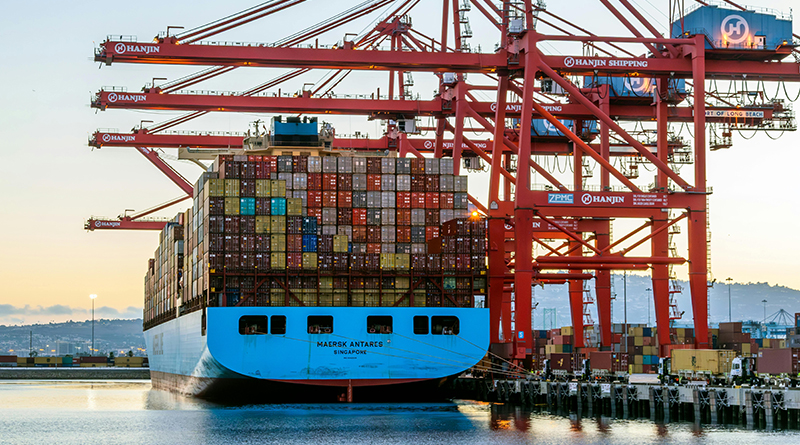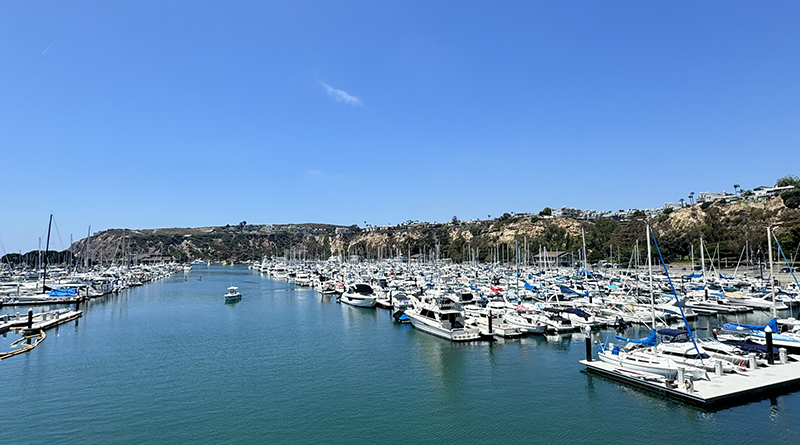Every April 22, Earth Day serves as a global reminder of our collective responsibility to protect the environment. Established in 1970, this annual event has grown into a worldwide movement, inspiring over a billion people to take action for our planet. For those who cherish the open waters — boaters, fishers, and sailors — Earth Day holds particular significance, prompting reflection on the impact of maritime activities on marine ecosystems and encouraging the adoption of sustainable practices.
The inception of Earth Day is deeply intertwined with maritime concerns. In 1969, a catastrophic oil spill off the coast of Santa Barbara, California, released millions of gallons of crude oil into the Pacific Ocean, devastating marine life and fouling miles of coastline. This environmental disaster galvanized public awareness and outrage, serving as a catalyst for the first Earth Day more than 55 years ago. The spill underscored the urgent need for environmental stewardship, particularly concerning our oceans and waterways.
In the decades since, the maritime industry has undergone significant transformations to align with environmental conservation efforts. Modern ports and cargo ships have embraced eco-friendly technologies to reduce their ecological footprint. For instance, many vessels now incorporate energy-efficient designs, utilizing lightweight hull materials such as...






